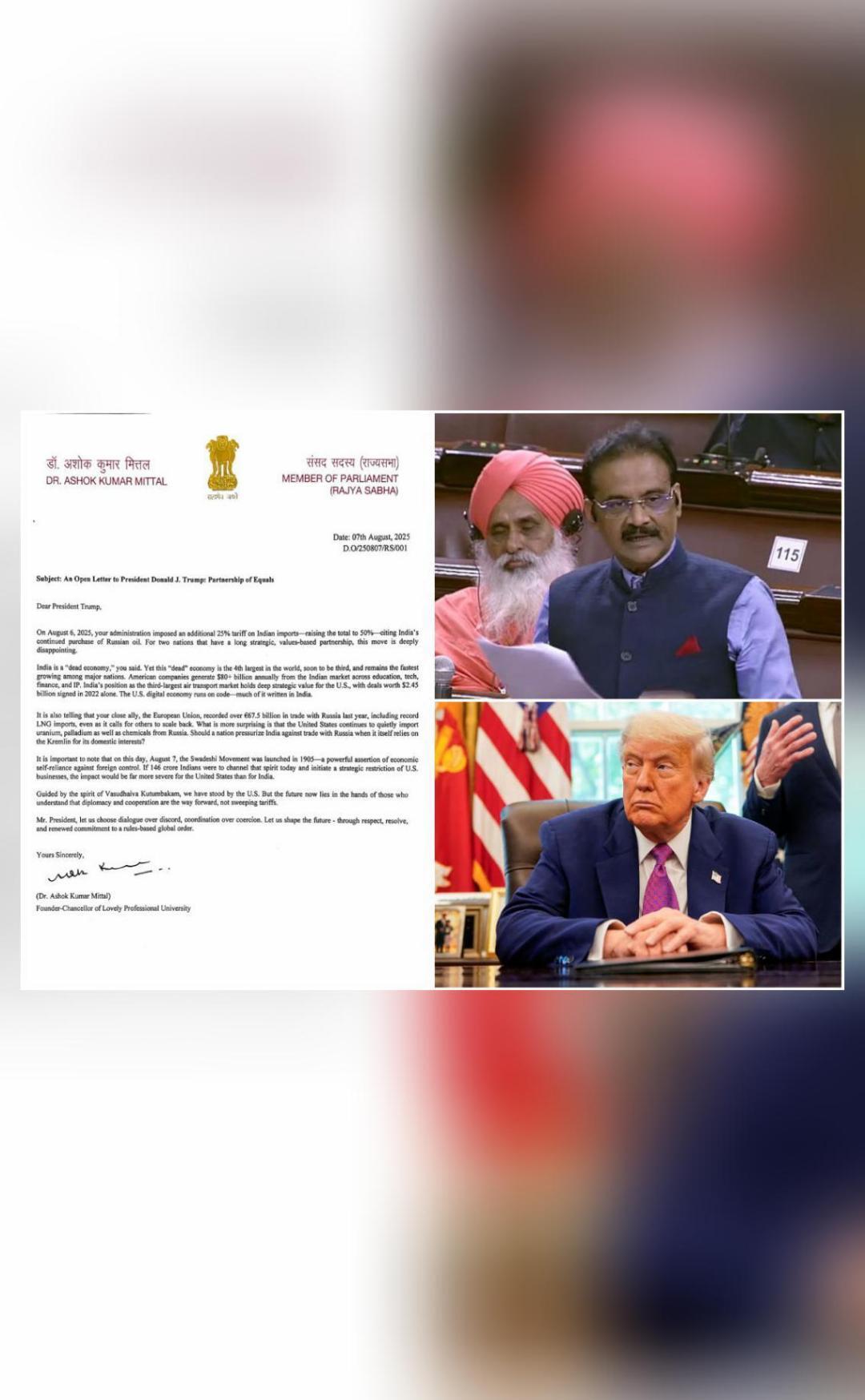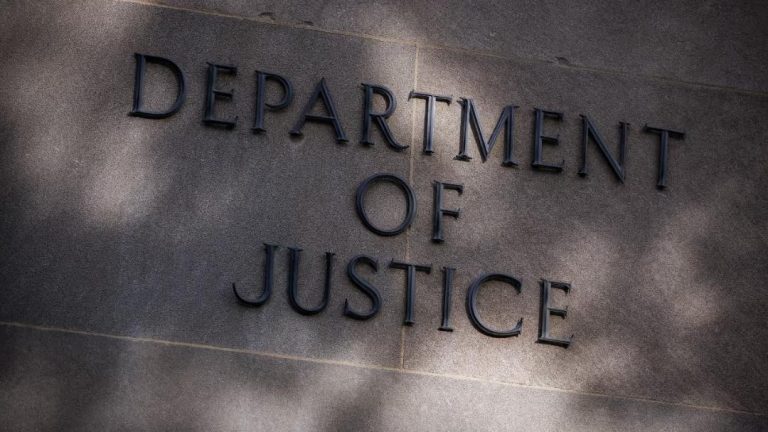
What if 146 Crore Indians Boycott US Companies?: AAP MP as he Pens Open Letter to Trump
In a bold move, AAP Rajya Sabha MP Ashok Kumar Mittal has written an open letter to US President Donald Trump, urging him to reconsider the 50% tariff imposed on India. The letter, which has taken the nation by storm, poses a rather intriguing question: “What if 146 crore Indians boycott American companies operating in India?”
The move comes as a response to the US government’s decision to impose tariffs on Indian goods, which has been met with widespread criticism from Indian businesses and politicians alike. Mittal, in his letter, has called the move “disappointing” and has questioned the logic behind it.
The letter, which has been widely shared on social media, highlights the significant contribution of Indian IT professionals to the US digital economy. “The US digital economy runs on code, much of it written in India,” the letter reads. This is a stark reminder of the immense role that Indian software professionals play in powering the US technology sector.
Mittal’s letter has sparked a heated debate on social media, with many Indians calling for a boycott of American companies operating in India. The idea may seem radical, but it is not entirely unfathomable. After all, India is home to a massive population of over 1.3 billion people, with a significant chunk of them being tech-savvy and socially conscious.
If 146 crore Indians were to boycott American companies operating in India, it could have far-reaching consequences for the global economy. Indian companies, which have significant stakes in the US market, could suffer a major blow. The impact would not be limited to the companies themselves but would also have a ripple effect on the broader economy.
The Indian IT sector, which is a significant contributor to the country’s GDP, is heavily reliant on the US market. Many Indian companies have set up shop in the US, providing services such as software development, data analytics, and cybersecurity. A boycott by Indians could lead to a significant decline in demand for these services, leading to job losses and economic instability.
Moreover, a boycott could also have a negative impact on the Indian economy as a whole. The country’s GDP growth rate could slow down, leading to a decline in consumer spending and investment. This, in turn, could have a cascading effect on the overall economy.
However, it is also important to note that a boycott is not a feasible or sustainable solution to the current impasse. Instead, it is essential for the Indian government and business leaders to engage with the US administration and negotiate a more favorable trade deal.
The Indian government has already taken steps to address the issue, with Prime Minister Narendra Modi speaking to President Trump over the phone and urging him to reconsider the tariffs. The Indian commerce ministry has also announced plans to take up the issue with the US trade representative.
In conclusion, while Mittal’s letter and the idea of a boycott may seem radical, it highlights the need for the Indian government and business leaders to take a tough stance against the US tariffs. The Indian IT sector is a significant contributor to the country’s economy, and any move that threatens its growth could have far-reaching consequences.
As the debate continues to rage on, it is essential for all parties involved to engage in constructive dialogue and find a solution that benefits both nations. The Indian government and business leaders must work together to negotiate a more favorable trade deal, while also ensuring that the Indian IT sector continues to thrive.






